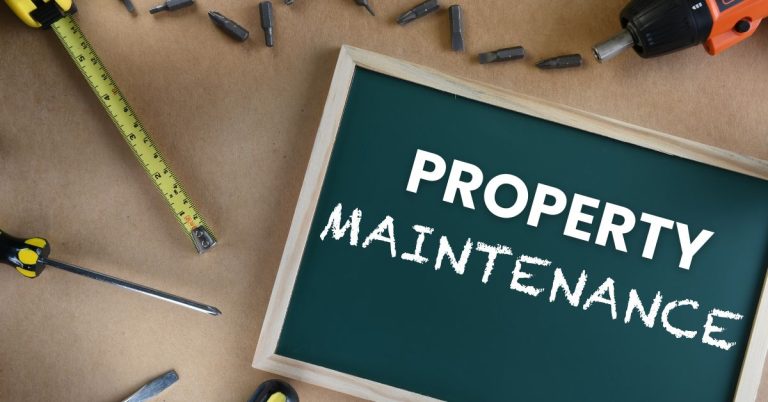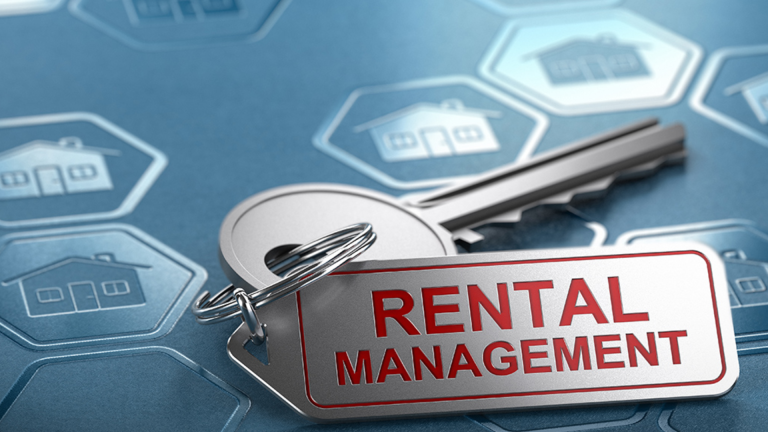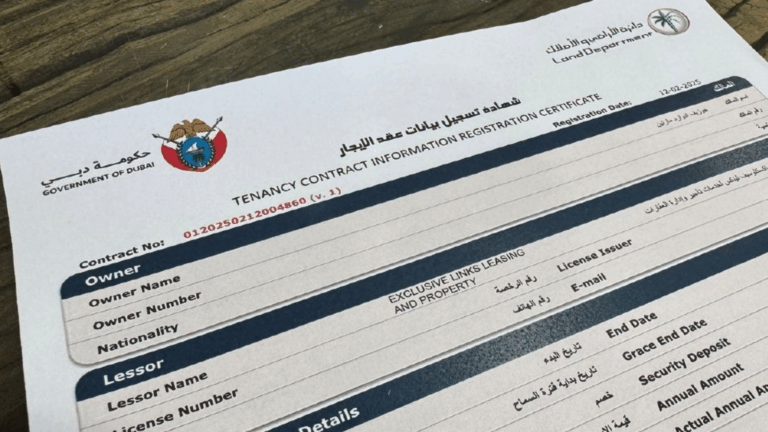Owning a rental property in Dubai is a significant investment, but managing tenants can present challenges if the wrong individuals are allowed to lease your property. Tenant screening in Dubai is a crucial step to ensure the safety of your asset, maintain a steady rental income, and prevent unnecessary legal or financial complications. This blog explores the advantages of tenant screening, practical steps on how to screen potential tenants, and property rental tips for landlords in Dubai.
Advantages of Tenant Screening
Tenant screening provides multiple benefits that protect landlords, ensuring a smooth rental experience. By carefully evaluating prospective tenants, landlords can:
- Ensures Financial Stability
A thorough screening process helps identify tenants with a stable financial history, ensuring timely rent payments and reducing the risk of defaults. Credit checks can reveal past payment behavior, which is a reliable indicator of future reliability. - Protects the Property
Tenants with a good rental history are less likely to cause damage to the property. By confirming a tenant’s background, landlords can safeguard their investment from negligent occupants. - Reduces Legal and Operational Risks
Comprehensive screening reduces the likelihood of legal issues, such as breaches of tenancy agreements or disputes over property misuse. Verifying a tenant’s legal status in Dubai also ensures compliance with local regulations. - Enhances Peace of Mind
A well-screened tenant minimizes potential stress for landlords by ensuring the property is well-maintained and payments are prompt. This fosters a mutually beneficial relationship between the tenant and landlord.
By prioritizing tenant screening in Dubai, landlords can secure tenants who respect their obligations, thus maximizing the profitability and longevity of their rental properties.
How to Screen Potential Tenants
Tenant screening is both an art and a science. To effectively screen potential tenants, follow this detailed checklist to protect your Dubai property:
Create a Comprehensive Application Form
- Request personal details, including name, contact information, and Emirates ID.
- Ask for employment details, such as job title, salary, and employer information.
- Include a section for rental history, requiring references from previous landlords.
Verify Identity and Legal Status
- Ensure the tenant provides valid identification, such as a passport and visa.
- Check the validity of the residence visa to confirm their legal ability to stay in Dubai.
Conduct a Credit Check
- Request recent bank statements or proof of financial stability.
- Evaluate the tenant’s ability to afford the rent comfortably, typically ensuring rent does not exceed 30-40% of their income.
Contact References
- Speak with previous landlords to gain insights into the tenant’s rental history.
- Ask about their behavior, payment reliability, and whether the property was well-maintained.
Conduct an Employment Verification
- Confirm the tenant’s employment status and salary with their employer.
- For freelancers or business owners, request trade licenses or financial documentation.
Assess Compatibility with Your Property Rules
- Discuss your expectations, such as rules on pets, smoking, or the number of occupants.
- Clearly outline the terms of the tenancy agreement to avoid misunderstandings.
Use a Property Management Firm
- Engage a property management firm like Provident Property Management to handle tenant screening professionally. They can save you time, ensure compliance with legal requirements, and provide expert evaluation services.
Tenant screening in Dubai is a crucial step that minimizes risks and ensures the longevity of your investment. A systematic approach ensures you choose the right tenant and avoid complications during the tenancy period.
Property Rental Tips for Landlords in Dubai
Dubai’s real estate market is competitive, and landlords must adopt best practices to maximize their property’s value. Here are some essential property rental tips for landlords in Dubai:
- Set Competitive Rental Rates
Research market trends to price your property competitively. Overpricing can deter potential tenants, while underpricing may result in financial losses. - Maintain the Property in Excellent Condition
Regular maintenance ensures your property remains appealing to prospective tenants. A well-maintained property also commands higher rental rates. - Draft a Detailed Tenancy Agreement
Clearly define the terms and conditions of the lease, including payment schedules, tenant responsibilities, and rules for property use. - Adhere to Legal Requirements
Comply with Dubai’s rental laws, such as registering tenancy contracts with Ejari, to ensure smooth and legally sound transactions. - Work with Professionals
Partnering with a property management firm like Provident Property Management can streamline rental processes, from marketing your property to tenant screening and ongoing maintenance.
Landlords in Dubai can protect their properties, enhance rental experiences, and ensure the longevity of their investments by implementing thorough tenant screening practices. For those seeking a seamless experience, partnering with a property management firm like Provident Property Management offers unmatched expertise and convenience.
FAQs
How does tenant screening in Dubai benefit landlords?
Tenant screening helps landlords identify reliable tenants, ensuring timely rent payments, property care, and compliance with rental agreements. This process protects the landlord’s investment and reduces potential legal issues.
What should landlords look for during tenant screening?
Landlords should verify identity, financial stability, rental history, and references. They should also ensure the tenant understands and agrees to the terms of the tenancy agreement.
How can property management firms assist with tenant screening?
Property management firms handle the tenant screening process, including verifying documents, conducting background checks, and liaising with potential tenants. This ensures a streamlined and professional approach to selecting the right tenant.
What protection do tenants have in Dubai?
Tenants in Dubai are protected under the Dubai Rental Law, which outlines their rights and obligations. This includes fair rent increases, protection against arbitrary evictions, and recourse through the Rental Dispute Settlement Centre in case of disputes.
Can a tenant refuse viewings in Dubai?
Yes, tenants can refuse viewings if they have not been provided reasonable notice, typically 24 hours, as outlined in the tenancy agreement. Clear communication with tenants regarding viewings is essential to avoid conflicts.







